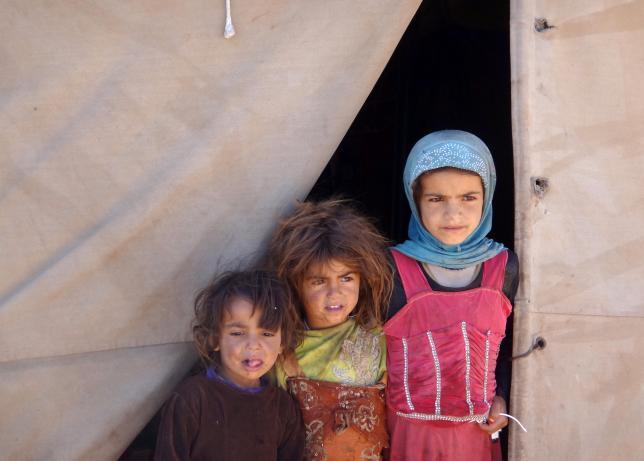If the COVID-19 pandemic hasn't wreaked enough havoc in the world already, things are going to get a lot worse, if the United Nations' World Food Programme (WFP) is to be believed. According to this body, which tries to deal with food shortages around the globe, the number of people unable to earn enough to feed themselves will cause a huge spike in malnutrition by the end of this year.
"All the data we have, including WFP, forecast that the number of people experiencing malnutrition will grow by 80 percent by the end of the year, ... (this) points to a real disaster," the Executive Director of WFP David Beasley said.

Long-term problems
This would only be the primary effect of COVID-19 on those sections of the society who are vulnerable to food shortage. Beasley explained that the long-term effects of the disruption caused by the pandemic will aggravate the situation even more in the coming years.
"Obviously social tensions will grow, migration will increase, conflicts will escalate and hunger will likely affect those who didn't experience it before," the top UN official warned. This will have devastating consequences. "Many will die, children will suffer from the consequences of malnutrition for many years, and the world will lose all the progress made in fighting hunger over the past decade," he added in an interaction with Russian news agency TASS.

Most affected regions
WFP sees South America as the continent which will suffer the most due to the COVID-19-induced food shortages. The number of people suffering from malnourishment in that part of the world would increase by 269 percent. The second-worst affected regions would be Central and Eastern Asia where the rate of increase in malnutrition would be around 135 percent.
The notoriously poor and hunger-stricken sub-Saharan Africa wouldn't be let off easily either. There, the number of ill-fed people would double. This will put additional burden on WFP which is already engaged in feeding 138 million people around the world. Obviously, the organization is seeking more financial help.
According to the UN body, $4.9 billion is required just for their activities in the upcoming six months. The recent blast in Beirut which destroyed storage facilities where grains were kept and also the port which is used to import food has created a crisis in Lebanon also. Sudan and Yemen are two other countries where food shortages have been acute. The situation is already grim.









